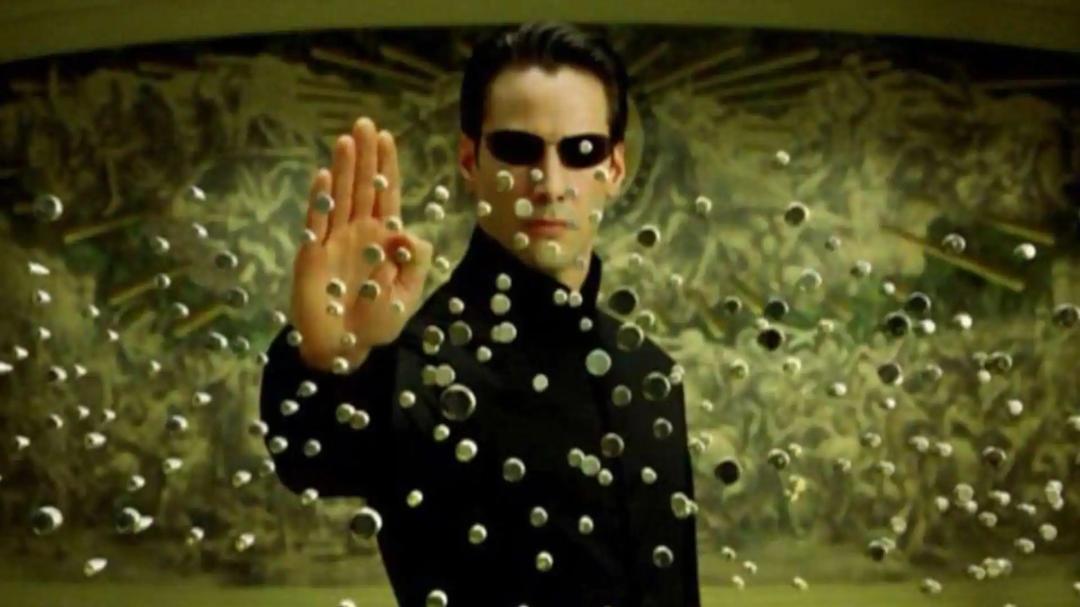
Physicists prove universe isn’t a computer simulation like in ‘The Matrix’
The idea that our universe is a computer simulation, popularized by the iconic 1999 science fiction film “The Matrix,” has been a topic of debate among scientists and philosophers for years. The concept, also known as the “Simulation Hypothesis,” suggests that our reality is a complex computer-generated simulation created by a more advanced civilization. However, a recent study by physicists from the University of British Columbia Okanagan (UBCO) has mathematically proved that this idea is unlikely to be true.
According to a press release, the researchers have shown that the universe is not a computer simulation, but rather it is built on “a type of understanding that exists beyond the reach of any algorithm.” This finding is based on the fundamental laws of physics, which, as the study’s co-author notes, “cannot be contained within space and time, because they generate them.” In other words, the laws of physics are not bound by the same rules that govern the behavior of particles and objects within the universe. Instead, they are the underlying framework that gives rise to the fabric of space and time itself.
The Simulation Hypothesis, which was first proposed by philosopher Nick Bostrom in 2003, suggests that if a civilization were to develop a sufficiently advanced computer system, it could create a realistic simulation of reality that would be indistinguishable from the “real” thing. This idea has been explored in various forms of science fiction, including “The Matrix,” where humans are unknowingly trapped within a simulated reality created by intelligent machines.
However, the UBCO physicists argue that this idea is flawed, as it relies on the assumption that the universe can be reduced to a set of algorithms and computational processes. In reality, the laws of physics that govern the behavior of the universe are far more complex and nuanced, and cannot be captured by any computational framework.
The study’s co-author notes that the fundamental laws of physics, such as the laws of quantum mechanics and general relativity, are not just descriptive, but also prescriptive. They do not just describe the behavior of particles and objects, but also dictate the underlying structure of space and time itself. This means that the universe is not just a collection of particles and objects that follow certain rules, but a dynamic, evolving system that is shaped by the underlying laws of physics.
The implications of this finding are profound, as they suggest that the universe is a far more complex and mysterious place than we previously thought. It also challenges our understanding of the nature of reality and our place within it. If the universe is not a computer simulation, then what is it? Is it a natural, self-organizing system, or is it the result of some other, more fundamental process?
While the UBCO study does not provide a definitive answer to these questions, it does offer a new perspective on the nature of reality and the laws of physics that govern it. By showing that the universe is not a computer simulation, the researchers have opened up new avenues of inquiry and exploration, and have challenged us to think more deeply about the fundamental nature of reality.
In conclusion, the idea that the universe is a computer simulation, popularized by “The Matrix,” has been debunked by physicists from UBCO. The study’s findings, which are based on the mathematical proof that the fundamental laws of physics cannot be contained within space and time, suggest that the universe is built on a more profound and complex understanding that exists beyond the reach of any algorithm. As we continue to explore and understand the nature of reality, we may uncover even more surprising and unexpected truths about the universe and our place within it.




